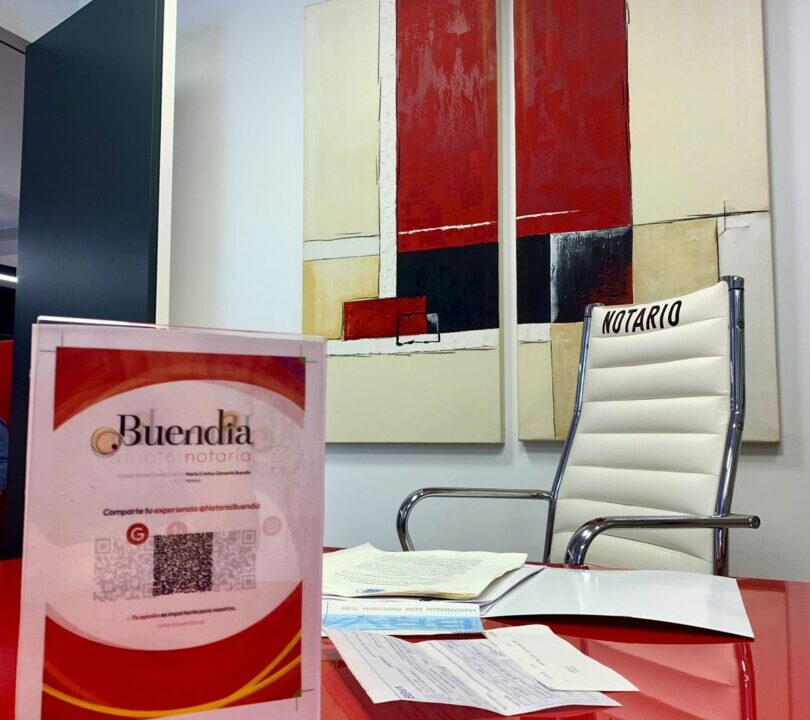
In Spain, the notary plays a key role in the process of buying and selling real estate, acting as an independent guarantor of the legality and safety of transactions. A notary is a public servant with the authority to certify legal acts and transactions, ensuring their legality and legality. Let us consider the main functions of a notary, the reasons for trust in him, as well as possible risks associated with his activities.
Main functions of a notary
1. *Checking the legal status of the real estate: The notary will check all documents related to the real estate to ensure that there are no legal impediments to the transaction. This includes checking the title, debts, mortgages or lawsuits associated with the property.
2. *Certification of the transaction: The notary certifies the sale contract, which confirms that the transaction is legal and complies with the law. This ensures that the contract is entered into on a voluntary basis and that all conditions are met.
3. *Documentation drafting and registration*: The notary draws up and certifies an official document – a public deed (escritura pública), which is then subject to registration at the Real Estate Registration Office (Registro de la Propiedad). This legally secures the rights of the new owner.
4. *Consultations and clarifications*: The notary provides advice to the parties to the transaction, explaining the legal consequences and terms of the contract. It is his duty to make sure that all parties to the transaction understand its contents and agree to its terms.
5. *Assistance in the payment of taxes: The notary also plays a role in organizing the payment of taxes related to the purchase of real estate, such as the property transfer tax (Impuesto de Transmisiones Patrimoniales) or VAT.
Reasons for trusting a notary
1. *Independence and impartiality: Notaries in Spain are appointed by the state and are required to act independently, not in favor of one of the parties. Their main task is to ensure the legality of the transaction.
2. *Professional Responsibility: Notaries are legally responsible for their actions and can be held liable in the event of errors or negligence. This incentivizes them to work as thoroughly and conscientiously as possible.
3. *High standards of qualification*: Notaries undergo a long and complex process of training and certification to ensure their competence and knowledge of the law.
Possible risks
Despite the high standards and strict rules associated with notaries, some risks do exist:
1. *Human Factor: A notary, like any other person, can make a mistake. However, such cases are extremely rare and are usually covered by professional indemnity insurance.
2. *Subjectivity in the interpretation of laws: In some complex or ambiguous legal situations, different interpretations of the law are possible. Although notaries are obliged to act within the legal framework, subjectivity in their decisions is not excluded.
3. *Dependence on the reliability of the data provided: The notary relies on the documents and information provided. If either party deliberately conceals or misrepresents information, it may lead to legal problems in the future.
In Spain, the notary performs an important function in ensuring the legality and security of real estate sale and purchase transactions. Due to their independence, professional responsibility and high standards of qualification, notaries are trusted by citizens. However, as in any other sphere, it is impossible to completely eliminate risks. Therefore, it is important to carefully choose a notary and check all documents to minimize possible negative consequences.
Broadway Consulting works with verified notaries, contact us for consultation and be sure that your sale transaction is clean!

